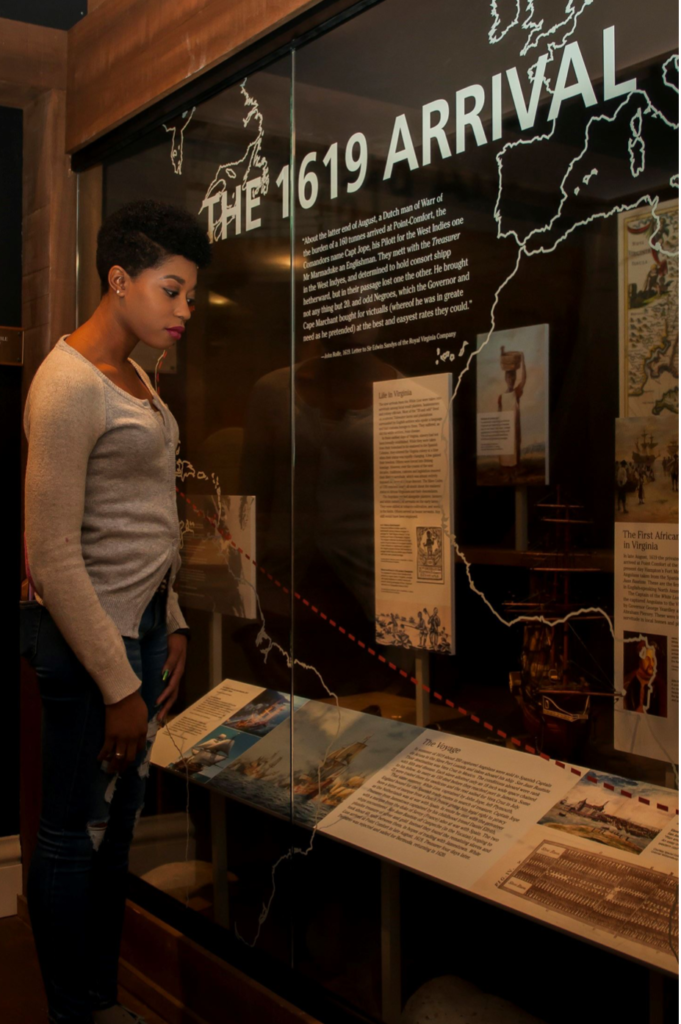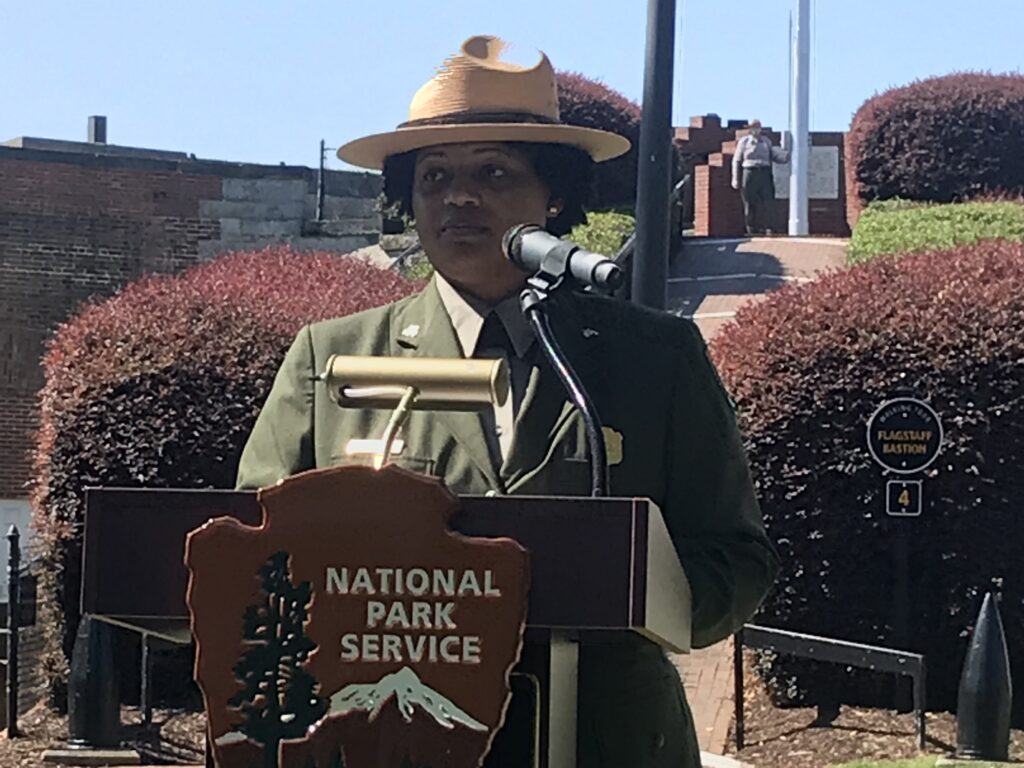Good history is never just a collection of facts; it also embodies perspectives. The relationship between those two factors is best approached as both/and, not either/or. As a friend of mine metaphorically puts it, “where you stand depends on where you sit.”
Sadly, we are living in a time when facts and perspectives are used interchangeably. Some folks are quick to dismiss inconvenient truths as ”fake,” while others shout ”facts” whenever they hear an opinion they agree with.
This rumination was sparked by an invitation to speak at an annual commemoration of President James Monroe’s death anniversary. The event was held at Fort Monroe, Virginia, on Monday, July 4th, 2022. Given his role in the founding of Liberia 200 years ago, this year’s event focused on the bicentennial of that African nation.
I was excited to revisit an area where I had lived in the early 1980s while teaching at historic Hampton Institute. As a native of Liberia’s capital, Monrovia, I was also honored to be invited. In my reflections at the event, I sought to offer facts coupled with an African perspective.
In 1800, for example, the largest planned rebellion by enslaved persons in Virginia was aborted. In the aftermath, Monroe (then governor of the commonwealth) proposed exiling some of the leaders to Freetown in West Africa, a suggestion for which he is criticized.
From the perspective of those freedom fighters, which fate would have been preferable: death, imprisonment or exile?
In 1807, the U. S. Congress banned the importation of African captives. But it fell to then-President Monroe to implement the ban. In the process, he made two policy decision that proved controversial.
First, he collaborated with the American Colonization Society in establishing Liberia as a colony for free blacks. Second, he facilitated the transportation Africans liberated from slave ships to Liberia aboard U. S. naval vessels.
Where there practical approaches that would have better served the interests of repatriates and recaptives? For example, should free blacks desirous of returning to their ancestral home have been denied support because others disapproved?
Should recaptives from slave ships have been released in the U. S., where they faced likely enslavement, or returned to their home areas of Africa, where re-enslavement was almost certain?
“Where you stand depends on where you sit!”


Among other reasons, Fort Monroe is historically significant because it is located near where the first Africans landed in British North America in 1619. At left, a young African-American woman views a museum exhibition on the 1619 landing. Eola Dance of the National Park Service welcoming guests to the Monroe commemoration.

